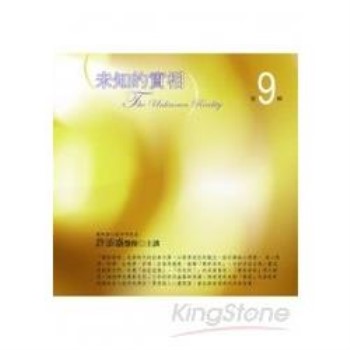In this book, Juli Gittinger argues that America’s fascination (obsession?) with the apocalypse is a synthesis of religion, popular culture, and politics in a way that is particular to the US and consonant with mythological-historical narratives of America. As a result, we can identify American apocalypticism as a sort of religion in itself that is closely tied to "civil religion," that has a worldview and rituals that create identifiable communities and connects American mythology to apocalyptic anxieties. Gittinger discusses how various cultures and groups form as a result of this obsession, and that these communities form their own rituals and responses in various forms of "prepping" or survivalist practices. She lays out an argument for a broad eschatology prevalent in the US that extends beyond traditional religious designations to form an apocalyptic worldview that is built into our narrative as a country, as well as furthered by popular culture and media’s contributionto apocalyptic anxieties. Subsequently, Gittinger uses case studies of apocalyptic events--current or speculative--that reveal how our anxieties about the end of the world (as we know it) inform our culture, as well as religious narratives that emerge from such crises.
| FindBook |
有 1 項符合
American Apocalyptic: Beliefs, Rituals, and Expressions of Doomsday Culture in the Us的圖書 |
 |
American Apocalyptic: Beliefs, Rituals, and Expressions of Doomsday Culture in the Us 作者:Gittinger 出版社:Palgrave MacMillan 出版日期:2024-07-19 語言:英文 規格:精裝 / 普通級/ 初版 |
| 圖書館借閱 |
| 國家圖書館 | 全國圖書書目資訊網 | 國立公共資訊圖書館 | 電子書服務平台 | MetaCat 跨館整合查詢 |
| 臺北市立圖書館 | 新北市立圖書館 | 基隆市公共圖書館 | 桃園市立圖書館 | 新竹縣公共圖書館 |
| 苗栗縣立圖書館 | 臺中市立圖書館 | 彰化縣公共圖書館 | 南投縣文化局 | 雲林縣公共圖書館 |
| 嘉義縣圖書館 | 臺南市立圖書館 | 高雄市立圖書館 | 屏東縣公共圖書館 | 宜蘭縣公共圖書館 |
| 花蓮縣文化局 | 臺東縣文化處 |
|
|
圖書介紹 - 資料來源:博客來 評分:
圖書名稱:American Apocalyptic: Beliefs, Rituals, and Expressions of Doomsday Culture in the Us
內容簡介
|









